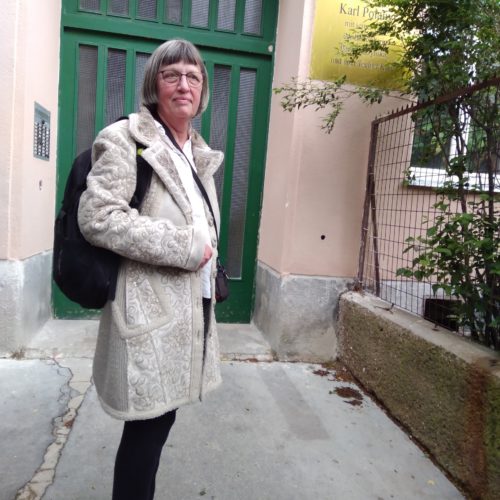The Crisis in Southern Europe
The crisis has severely hit societies in Southern Europe, especially Greece, but also Portugal, Italy, Spain and Cyprus. According to Polanyi, in liberalism, already since its birth, there is an inherent tension between economy and democracy and, in many of his writings, he insists that capitalism and democracy are “mutually incompatible”. The Eurozone crisis management seems to have brought this tension to surface again. Since 2010, a pattern of governance was established based on fiscal discipline and a nexus of agents consisted of national governments, domestic power elites, rating houses, banks, investors etc. (what Polanyi would call haute finance) pressed in favor of a specific economic policy, regardless of its social consequences and the will of voters. These politics remind Polanyi’s analysis of the interwar efforts by financial elites to re-establish international liberalism and the gold standard. Southern European governments during the crisis had to follow politics of “good behavior”, as Polanyi termed them, which, in turn triggered intense social resistance and a series of democratic countermovements.
A decade after the crisis outbreak, societies in Southern Europe still count the casualties of the austerity war. Governments there continue operating in limited margins for economic policy making and maneuver; labour is under severe pressure; and law and order politics become mainstream. But the crisis has not disaffected only their economies, but also their democracies. Democratic outcomes (elections, referenda, parliamentarian decisions etc.) in Greece and elsewhere were, during different crisis episodes following 2010, neglected in favour of market discipline and austerity, in order for these economies to gain “market confidence” and conform to what was conceived as the “financial markets’ priorities”.
A decade after its outbreak, what were the most important crisis outcomes on the societies of these countries, especially those that agreed to austerity packages with such creditors as the ECB, the EC, the ESM and the IMF? What were the causes leading Eurozone authorities to follow specifically these policies? What is the crisis’ heritage for the national democracies in Southern Europe? How successful have both right-wing and left-wing countermovements been in absorbing social discontent and challenging the forces of Eurozone neoliberalism?










